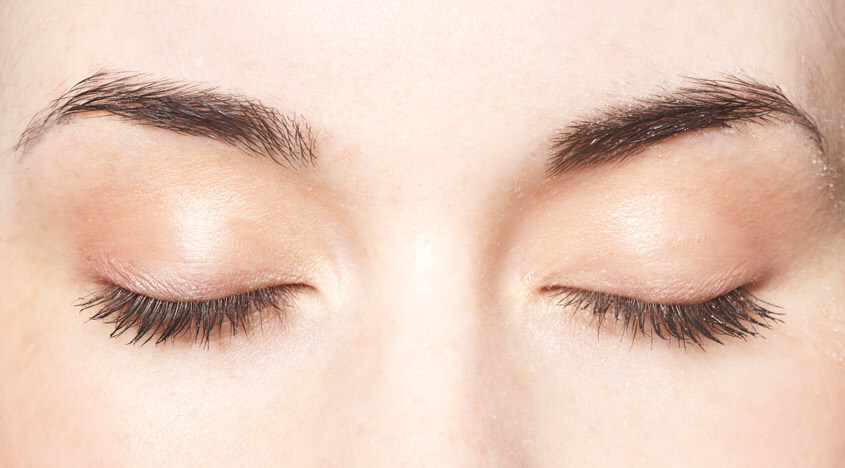You’ve probably seen all over the internet how experts and beauty bloggers are focusing on facial serums. To counter that popularity, the masses are following the trend of including facial serums in their daily skincare routine. In light of this, we’ve put together some fascinating information about facial serums in this blog.
Have you ever thought about whether face serums are always a good idea to use? Everyone is eager to discuss its benefits. However, we’ll go over all the aspects you need to think about before using facial serums. What are the drawbacks of using a face serum? What concentration do you need to use it?
However, before you do that, you need to be aware of what facial serum is?
Contents
What Is Face Serum?
The serums for the face are light and hydrating that offer hydration and protection for the skin. Filled with active ingredients after application, the product swiftly is absorbed into the skin.
A variety of face serums are available, including glycolic acid, hyaluronic acid, and vitamin E. These serums are created to address specific problems with your skin, such as wrinkles, acne scars, anti-aging. It also reduces your pores. If you are using it frequently, the results will be visible in a shorter time.
How To Apply Serum On The Face?
Face serums aren’t heavy, and therefore, one can use the serums after cleansing products and before moisturizing products.
- The majority of serums have a pump or pipette that is very effective in controlling the serum you can use.
- Do not apply a direct pump or pipette on your face because the bacteria present in your skin may be transferred to your serum bottle, which could waste the entire serum.
- Apply 3-4 drops to your finger, spreading it evenly over your entire face
- Experts recommend using facial serums with a bit of moist skin.
- Don’t clean your face after applying it. It will soak into your face.
Now that you are aware of the definition of face serum or the best way to apply it to your face, let’s discuss the benefits and disadvantages of using it.
The cons of face serum
The serums are not essential. They’re an extra component of your daily skincare routine, including a cleanser, moisturizer, and sunblock.
Are you aware of it? Many people view it as a light moisturizer.
In reality, you’ll need to apply moisturizer, even if you’re applying the serum. So why would you need to spend more money when you can get an oil-based moisturizer instead of it?
Does not work for all skin conditions.
It is recommended to consult your dermatologist before applying any product to your skin. Also, this is truly recommended to use serums. Particularly for those with problems with their skin, such as acne, eczema, or psoriasis, serums may irritate their skin.
Benefits facial serum
- Good to treat acne marks as well as spots
Are you fed up with your acne scars and want to eliminate the marks? Make use of the serums for your face (specially created for spots) to boost collagen. Collagen is beneficial for the healing of acne-related blemishes and acne scars.
It’s good for anti-aging rights: facial serum combat age-related. Additionally, they can aid in reducing fine lines and wrinkles and make your skin appear younger.
Serums that contain Retinol are excellent for fighting the signs of aging. But don’t apply it regularly if you’ve recently started using Retinol. Make sure to use it at least twice per week. If retinol doesn’t work on your skin type but you want that anti aging effect, look for products that contain Bakuchiol as your Retinol alternative.
- Provide hydration
If you suffer from dry skin, make sure to use serums because they will hydrate the skin to a perfect degree. Even for those with acne-prone oily skin, it is essential to keep your skin well-hydrated. For this, facial serums are great.
- Reduces pores
The skin of people with acne that suffer from oil is prone to having large pores. Skin serums can boost cell turnover, which can reduce the size of pores. They can also assist in the prevention of acne breakouts.
The disadvantages of using facial serums outweigh the advantages. Therefore, you must consult with a dermatologist before making use of it.




